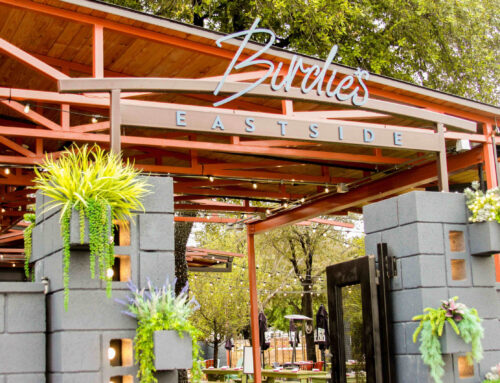“Green gardening” is a hot topic these days, due to concerns about clogged landfills and the effects of pesticides in groundwater. Between March and September, bagged grass clippings increase waste taken to landfills by up to 50 percent.
If you’re planning a new yard this spring, think about xeriscaping (using native plants). Less water and fertilizer will be needed, an immediate environmental plus. Or try creating a smaller lawn – you’ll have less to mow. Who could argue with that? Especially when you realize that a gasoline-powered lawn mower produces up to 50 times more pollution per horsepower than a truck.
For those of us with large, established lawns, there’s the adage: “Cut it high, let it lie.” By setting your mower higher and mowing frequently, you can leave the clippings on the lawn. Clippings add valuable nutrients to your yard in a painless, economical manner.
Or try making a compost pile. Contact a library or nursery for details on composting – you’ll save landfill space and create great mulch for your garden.
If you can’t wait to fire up your barbecue grill, consider this fact: Last year, California air-quality officials banned the use of charcoal lighter fluid, effective later this year. Let’s follow their lead, and avoid using this pollutant.
Natural gas and propane grills burn more evenly and efficiently than charcoal or wood fires, and they don’t require added fuel to start the fire.
Self-lighting charcoal is the worst pollutant: When first exposed to the atmosphere, it emits polluting hydrocarbons and continues to pollute even after the flame has gone out. And it’s a pretty expensive product.
There’s no need to give up backyard barbecues, but with a little common sense, we can make them environmentally friendly.





